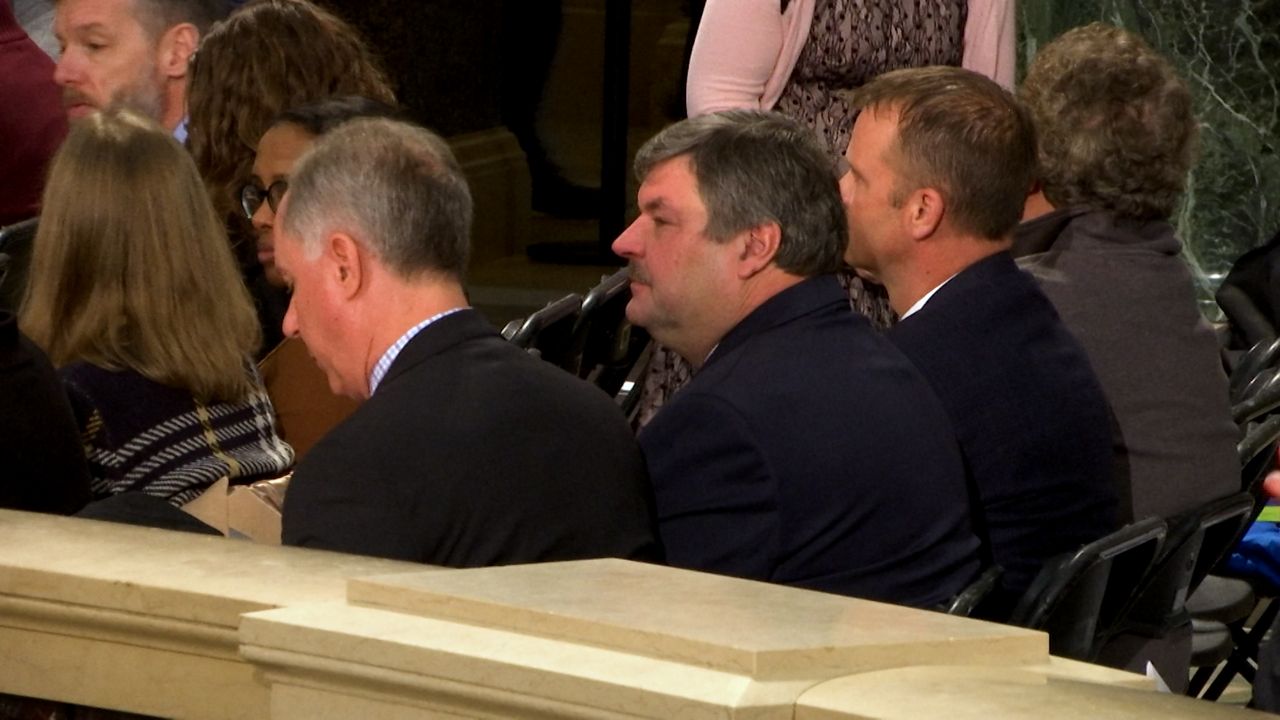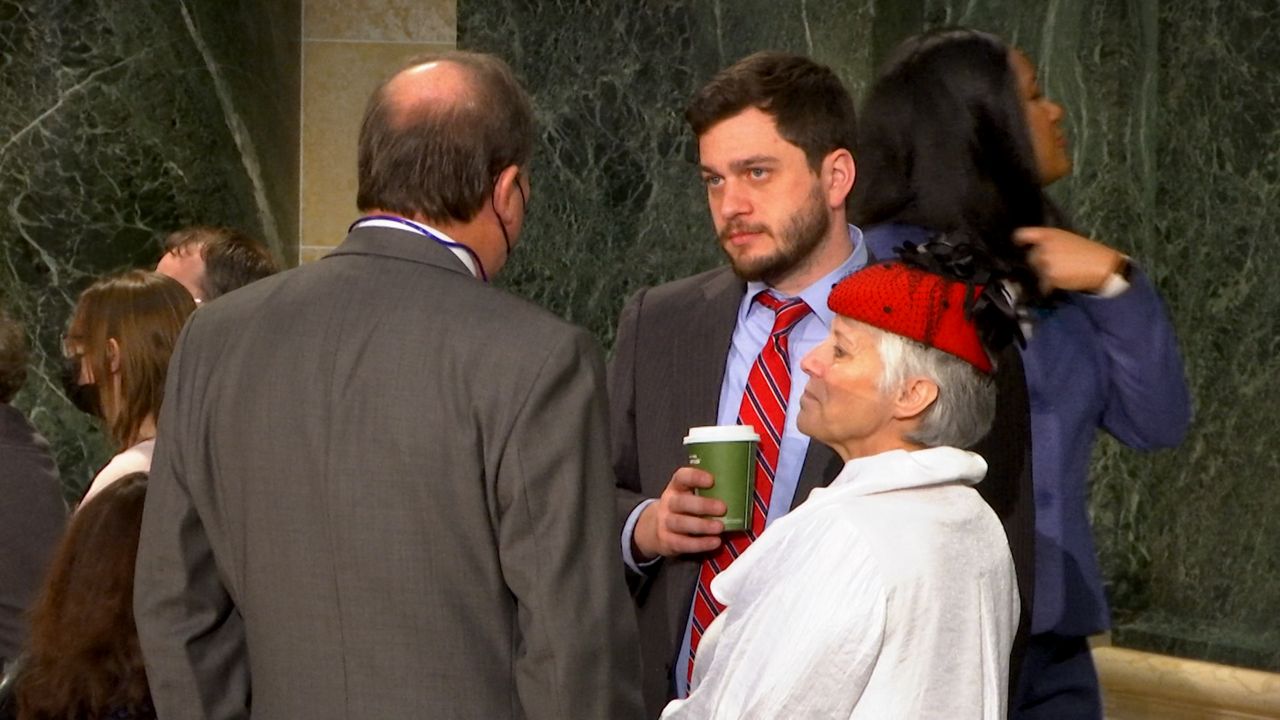MADISON, Wis. — With a new legislative session underway, there seems to be a lot of optimism about compromise within the halls of the Capitol building, at least for now.
When it comes to finding common ground, chances are you will hear the words “shared revenue” a lot over the next several months. Lawmakers are considering ways to change how state government shares funding with local communities to pay for services such as police, fire and emergency medical services.
Lawmakers from both parties said they know the flow of money to local government is a problem. However, they said the tricky part of compromise isn't agreeing an issue exists; rather, it is finding a solution amid so many competing ideas.
On the first day of his second term, Gov. Tony Evers toured small shops on Fond du Lac's Main Street, but before doings so, the governor kicked off his day with a private meeting at the Capitol. The mayors of Milwaukee, Madison, Racine, Green Bay and Kenosha all sat down to discuss ways to improve investments in local communities.
Most lawmakers agreed: The issue will be one of the biggest legislative challenges of the year.
“In my neck of the woods, things are already at bare bones, so I'm hoping we can do something with shared revenue,” State Rep. Rob Swearingen (R-Rhinelander) explained. “I don't know if levy limits will be on the table this session or not.”
Across the aisle, State Sen. Jeff Smith (D-Brunswick), would like to see more options for communities to raise revenue themselves.

“We should actually lift the limits we have on revenue for our local municipalities and our school districts,” Smith said. “Let the elected officials who are elected locally, to make those decisions, do their job.”
In 2006, state lawmakers put restrictions on the taxes counties and municipalities can levy, which means local governments cannot count on raising property taxes for revenue. Pair that with cuts in funds from the state, and many places around Wisconsin are in a pinch.
“I don't think it needs to be hard,” State Rep. Tip McGuire (D-Kenosha) said. “Right now, the state has the largest surplus that we have had, and we have communities that are in dire need of funds. I think this is an opportunity for us to be able to provide them with the resources they need so they can provide effective local services, like police and fire, while also being able to provide services to our residents.”

“In Vilas County, there are 200 permanent residents. They still need fire and EMS, but in the summertime, there [are] probably 2,000 residents just because of all the people that live on the lake,” State Sen. Mary Felzkowski (R-Irma) explained. “They need fire, they need EMS, and what does that look like? How are we going to fund that going forward?”
Wisconsinites will get a better idea of where the governor stands when he delivers his state budget address next month. However, Gov. Evers does plan to call for a 4% increase in shared revenue each year for the next two years as part of his pitch to lawmakers.



